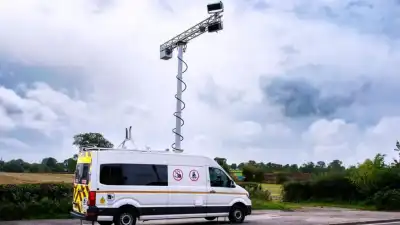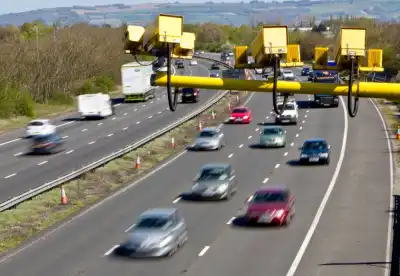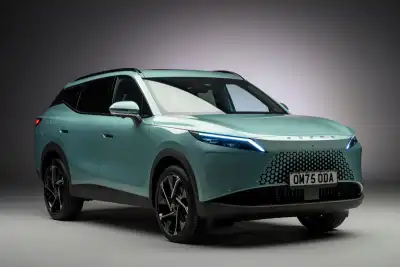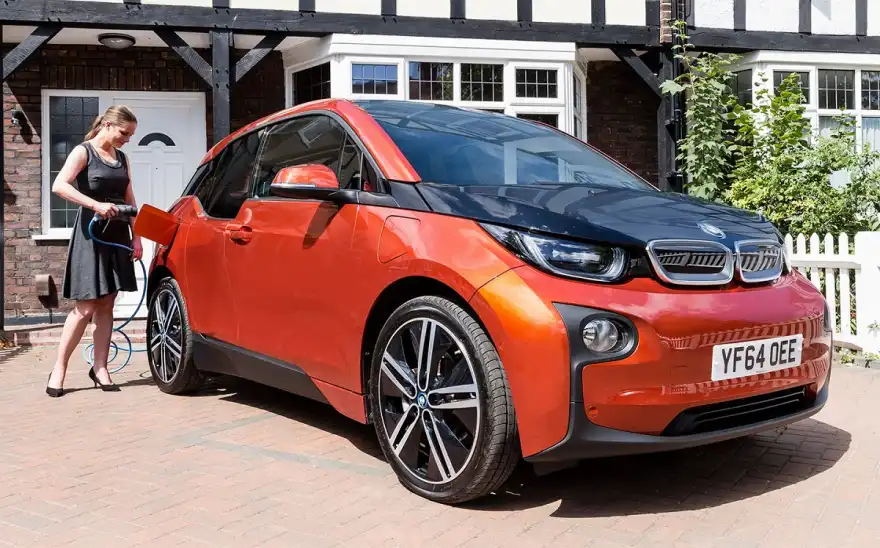
Fancy an electric vehicle? This guide reveals the benefits that might tempt you to purchase, invaluable information about the maximum range per-charge, how to charge your battery, and far more.

Benefits of an electric car?
An electric car has several benefits over a petrol/diesel equivalent. For example, it cannot emit pollutants that hurt the planet and cause health issues. The Government therefore rewards you by cutting costs. Vehicle Excise Duty is free, Company Car Tax is free (or low), and there is no charge to enter Low Emission Zones.
Range per-charge?
The car’s manufacturer states its maximum range per-charge. Be cautious, though. There are many factors that influence range and you might struggle to get the maximum. Consider ambient temperature, for example. The vehicle’s range might fall on cold days. Other factors include driving style, what equipment is switched on, vehicle mode settings, plus how much weight is aboard.
Perhaps, therefore, consider the manufacturer’s claimed maximum range to be the ‘best case scenario’. Furthermore, the car’s battery is likely to deteriorate over time and mileage. The range per-charge might then decrease even further from the named maximum.
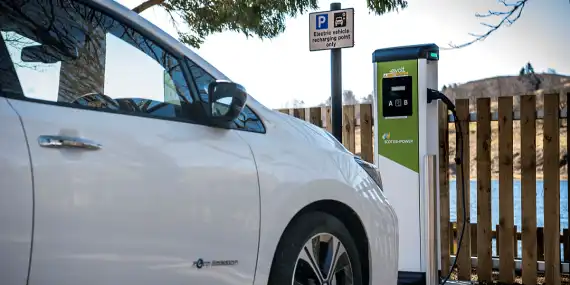
How to charge an electric car?
The vehicle can be charged via a standard socket, a wall box charger at home, or a public charger. Simply connect via a cable and press any necessary buttons. Expect the charge time to vary considerably. Influencing factors include the size of the car’s battery, how quickly it is capable of charging in a best case scenario, and how fast the charger itself can transfer electricity.
A standard socket is the slowest. It likely takes many, many, many hours to fully charge your battery. Perhaps connect the car overnight. In contrast, a wall box charger slashes the time by several hours. Finally, a fast public charger you might find at a motorway service station is the quickest. Whatever your preference, there is no particularly quick way to recharge an electric vehicle.
Getting a wall box charger?
The vehicle’s manufacturer can reveal what type of wall box is suitable. Rather than install the charger itself it is then likely to recommend a supplier. Renault partners with BP Pulse, for instance. Costs vary, but £600 to £1,000 is a reasonable benchmark. At Regit, we're doing our own investigation into the sourcing of wall boxes and how delays are leaving new buyers without charge. Keep your eyes peeled for more on that soon.
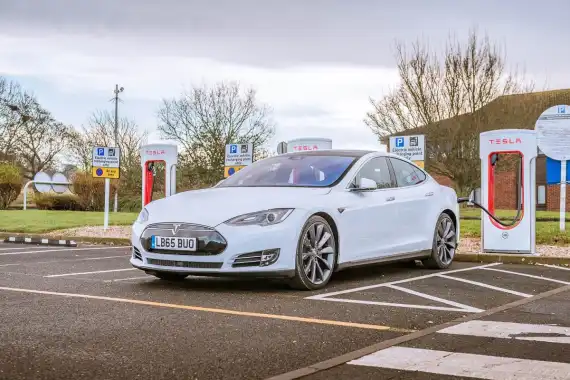
What else?
There are further points to consider. The highlights include:
- there is a wide range of electric cars available
- such a car is no harder to drive than a petrol/diesel
- a public charger can be fitted inside a lamppost
- Plug-In Car Grant cuts the cost of a new car by up to £3,000.

